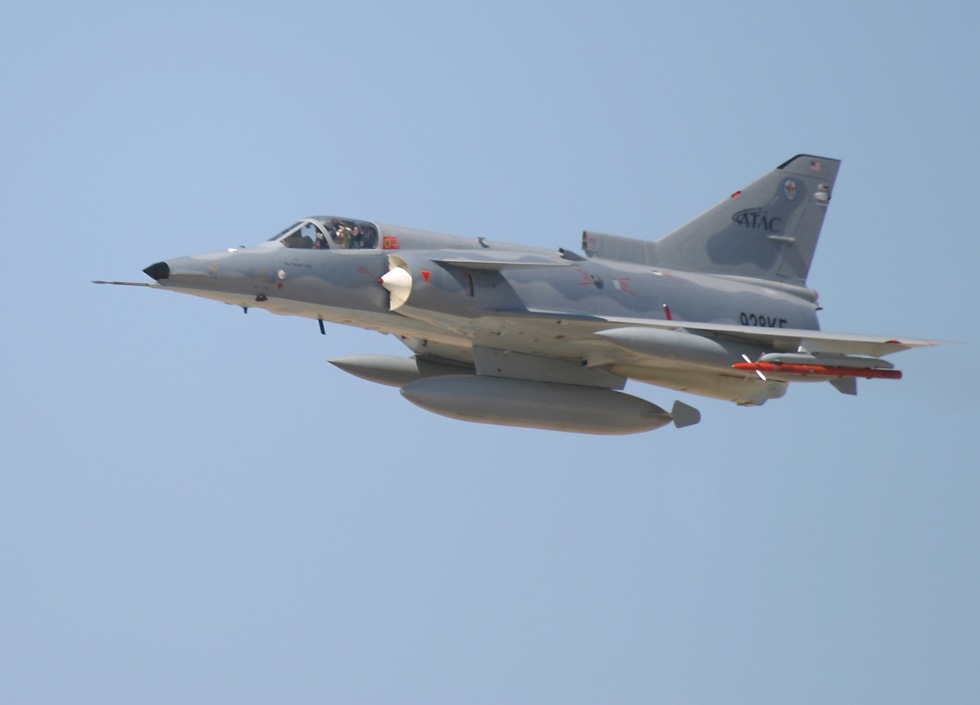 It has been almost a month since Israeli planes bombed the Jiyeh power plant 12 miles south of Beirut and triggered the largest oil spill in the history of the eastern Mediterranean. About two weeks ago the United Nations Environment Program warned that about 12,000 tonnes of oil had already leaked from the plant and spread itself out over about one-third of Lebanon’s coast. More recent estimates from the Lebanese Ministry of the Environment put the total at about 30,000 tonnes (almost as big as the 37,000 tonnes of oil that spilled from the Exxon Valdez into Alaska’s Prince William Sound in March 1989!).
It has been almost a month since Israeli planes bombed the Jiyeh power plant 12 miles south of Beirut and triggered the largest oil spill in the history of the eastern Mediterranean. About two weeks ago the United Nations Environment Program warned that about 12,000 tonnes of oil had already leaked from the plant and spread itself out over about one-third of Lebanon’s coast. More recent estimates from the Lebanese Ministry of the Environment put the total at about 30,000 tonnes (almost as big as the 37,000 tonnes of oil that spilled from the Exxon Valdez into Alaska’s Prince William Sound in March 1989!).
It isn’t technically oil that is spilling into the Mediterranean, but rather a far more toxic cocktail used to fuel power stations. The spill poses a high risk of cancer since the fuel contains substances such as benzene that are categorized as Class 1 carcinogens. The country’s beaches, which normally attract tourists, are covered in the black fuel. Fishermen are out of business and baby turtles are dying as they swim into polluted waters after hatching.
